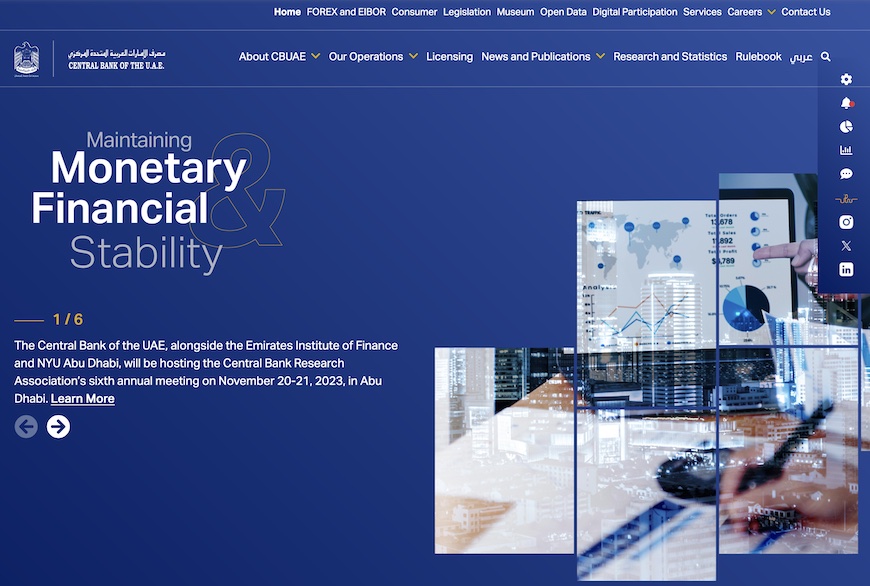UAE VAT Rules Unraveled in Complex Leasing Contracts
Ever had a seemingly innocent question spiral into a riveting discussion about taxes? Welcome to the world of taxation, where the complexities often hide beneath the surface. Here’s the scenario that triggered a tax conversation marathon: What are the VAT implications when you’re dealing with a 4-year equipment lease split into eight semi-annual invoices? Seems straightforward, right? Well, in the realm of business, this seemingly simple question encompasses a myriad of transactions.

Whether you’re leasing goods, vehicles, commercial real estate, or intellectual property rights, you’ll want to pay heed to the VAT implications. One common belief is that VAT should be payable in installments as each of the eight semi-annual invoices gets issued.
Now, here’s where things get intriguing. VAT is calculated based on the ‘date of supply’ of goods or services. But what exactly is this ‘date of supply’ when you’re dealing with contracts involving periodic payments or consecutive invoices?
According to the rules, it’s the earliest of four possibilities:
- The date of issuing a tax invoice.
- The payment due date mentioned in the tax invoice.
- The date when you receive the payment.
- The expiration of one year from the date you provided the goods or services.
So, if a tax invoice is issued or a payment is received, VAT becomes due only for that specific amount. The rest is payable later, following VAT laws.
But here’s where the plot thickens, especially for long-term contracts. When one year lapses, does VAT immediately apply to the entire remaining value? Let’s break it down with an example.
Say you’ve got a four-year commercial property lease worth Dh2 million, with advance invoices of Dh250,000 issued every six months. The first two tax invoices, issued within one year of the contract, should trigger VAT on the first Dh500,000.
But what about the remaining Dh1.5 million? If one year elapses before the next invoices or payments, does VAT apply to the whole sum? The rules don’t explicitly mention apportionment over the contract period, leaving room for interpretation.
Now, in the case of leasing, the service is essentially about transferring the right to use the property. While you might enjoy this right over a period, the actual transfer happens once, at the contract’s start. When one year passes, without a clear apportionment rule, VAT for the entire remaining value might kick in.
In some countries like the UK and India, annual tax points for continuous supplies are recognized, allowing for VAT accounting that isn’t indefinitely delayed.
In the UAE, however, the VAT provisions don’t explicitly address these scenarios, potentially impacting not just VAT but also corporate tax, which might require recognizing deferred tax assets or liabilities.
In the realm of taxation, it’s all about asking the right questions and challenging assumptions, because sometimes, the answers are hidden beneath the surface.
